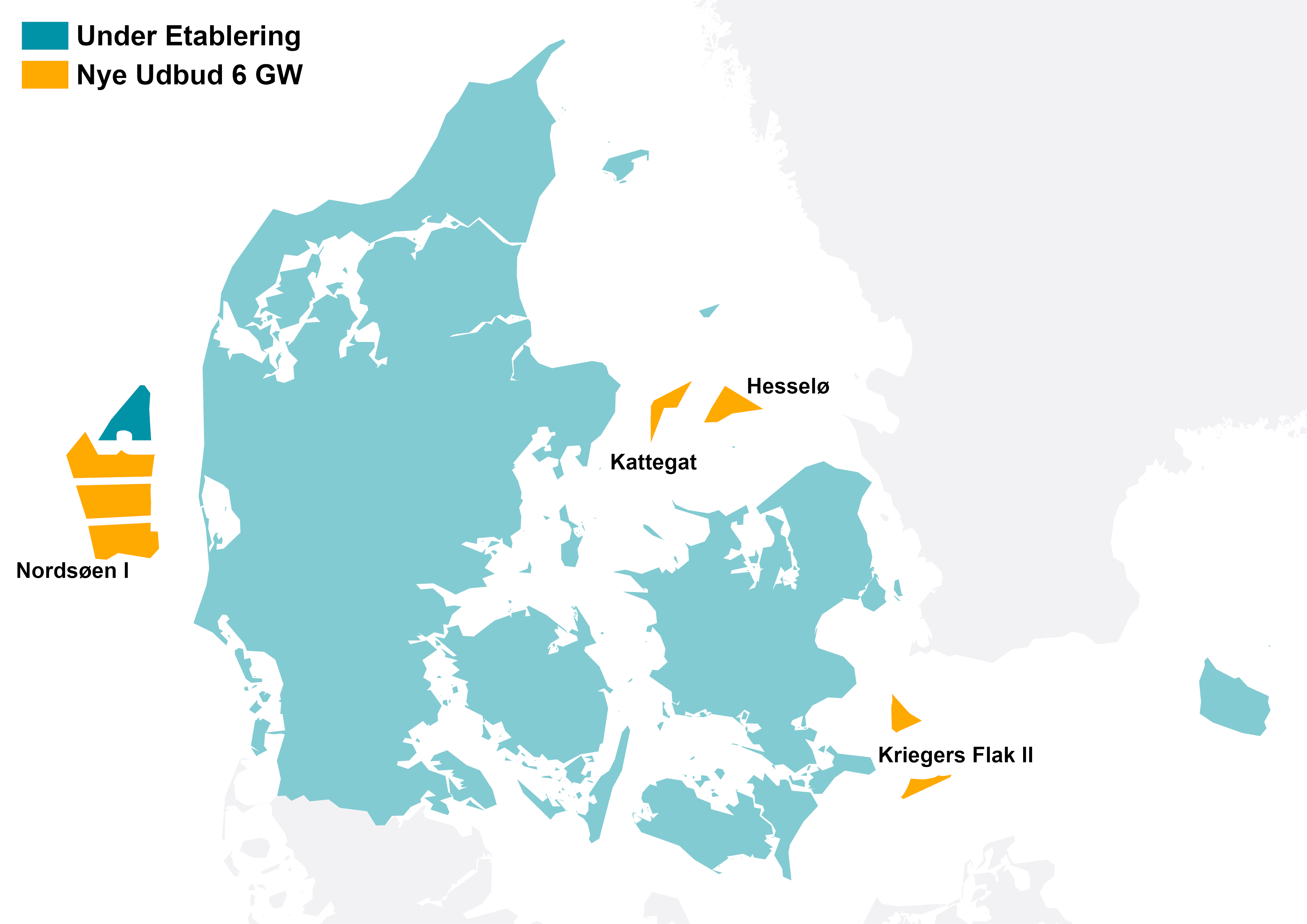Financial crisis report I: banks mostly to blame
The 500-page government-commissioned report looking into the causes and consequences of the financial crisis in Denmark calculates that the economic chaos it kicked up cost the country around 400 billion kroner. And even though the crisis ended in 2010, its effects are still being felt by banks and the state, which remains responsible for operating banks it took over. The report’s ultimate conclusion was that while banks’ relaxed lending policies were mostly responsible for the finance crisis here in Denmark, central bank regulators did not step in to prevent the rapid rise in bank lending that took place in the five years leading up to the 2008 crash. – Erhverv og Økonomi
SEE RELATED: Report points to banks and weak oversight as key factors in crisis
Financial crisis report II: banks still a risk
Banks’ overly optimistic assessments of their financial health still pose a risk to the economy, concludes the comprehensive review of the causes and effects of the financial crisis in Denmark, released yesterday (see above). The report recommends that banks no longer be allowed to issue their own bills of health. By underestimating the risks associated with their loans, banks keep too little money on reserve and instead lend out more funds. Seven of the country’s banks, including the three largest, rely on internal evaluations of how much risk is associated with their lending. – Børsen
SEE RELATED: Banks go uninspected for years
Financial crisis report III: Denmark nearly cracked
The Danish state was on the verge of defaulting on its financial obligations in 2008, as the financial crisis took hold of the economy. Had the economic turmoil required the state to make good on its pledge to back foreign-denominated loans through a secretive agreement known as ‘timely repayment’, it would have drained the country of its foreign reserves. Danske Bank, for example, at one point in 2008 had lent out $20 billion in foreign denominated loans, or the equivalent of 110 billion kroner. The central bank’s foreign reserves at that point amounted to 100 billion kroner. – Berlingske Business
SEE RELATED: Danske Bank given some blame for financial crisis
Half of council candidates forego posters
Candidates standing in the November 19 council elections considering foregoing traditional campaign posters should think again. Nearly half of candidates say they will not hang posters because they don't think they have an effect. Some candidates said they even feared a backlash by voters if the posters were seen an eyesore. Election watchers, however, say that the omnipresent posters are effective, precisely because voters could not avoid seeing them. According to Kasper Møller Hansen of the University of Copenhagen, campaign posters are local candidates' most effective tool. He pointed out however that the biggest effect may be to increase rivalry among candidates belonging to the same party.– DR Nyheder
SEE RELATED: With election on, poster platoons blitz city
Hospital mulls research fund review
The administration of Glostrup Hospital is prepared to launch an investigation into whether its control procedures are adequate after it was revealed that a second doctor there had misused research funds for private expenses. Dr Michael Laub is accused of spending 30,000 kroner in research funding to repay personal debts. The news comes after it was revealed earlier this year that another of the suburban Copenhagen hospital’s doctors had syphoned off six million kroner in research funding for his own use. – Jyllands-Posten
SEE RELATED: Transparency: better corruption legislation needed
Interested in receiving stories like these delivered to your inbox by 8am each weekday? Sign up for the Morning Briefing or any of our other newsletters today.













